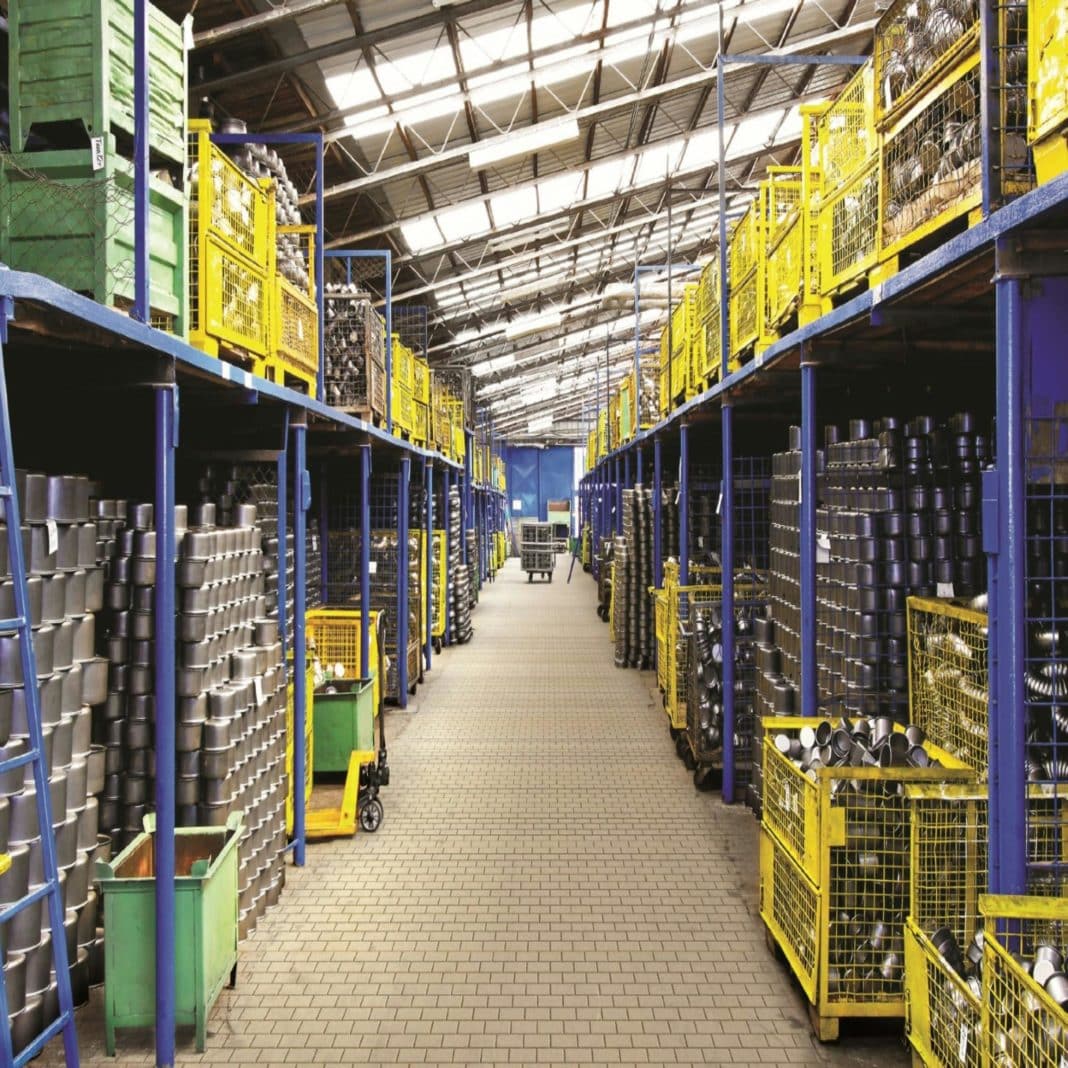Selecting the right shelving for your business is a crucial decision that goes beyond mere storage. It directly impacts your organisation’s efficiency, accessibility, and overall functionality. Whether you operate a retail store, warehouse, or office space, understanding the diverse range of shelving options and tailoring them to your specific needs is key. In this comprehensive guide, we’ll navigate through the considerations that will help you choose the right shelving for your business.
- Assess Your Storage Needs
The first step in choosing the right shelving is to assess your storage needs. Consider the types of items you need to store, their sizes, and their weights. Different shelving solutions are designed to accommodate various loads, so understanding your storage requirements is fundamental to making the right choice. For instance, heavy-duty industrial shelving may be necessary for warehouses storing large and heavy items, while retail spaces may opt for lighter-duty shelves to showcase products.
- Understand Your Space Constraints
Evaluate the available space in your business premises. Shelving should be chosen to maximise vertical space while adhering to the dimensions of your environment. If floor space is limited, consider wall-mounted or vertical shelving solutions. Understanding your space constraints will help you make the most of the available area and create an efficient storage layout.
- Consider Accessibility and Visibility
Accessibility and visibility are critical factors in selecting the right shelving. For businesses where frequent access to items is required, open shelving units provide easy visibility and quick access. On the other hand, closed or lockable shelving may be more suitable for businesses that need to secure valuable or sensitive items. Assess your workflow and the level of security needed to determine the most appropriate shelving design.
- Choose Material Wisely
Shelving comes in various materials, each with its own set of advantages and considerations. Common materials include metal, wood, plastic, and wire. Metal shelves, such as steel or aluminium, are durable and ideal for heavy loads, making them suitable for industrial settings. Wood shelves provide a warm aesthetic and may be preferable for retail spaces. Plastic shelves are lightweight and resistant to moisture, making them suitable for environments with specific storage requirements. Consider the material that aligns with your business needs, budget, and aesthetic preferences.

- Determine Adjustability Requirements
The flexibility to adjust shelf heights can significantly impact your ability to accommodate changing storage needs. Adjustable shelving systems allow for modifications to shelf heights to accommodate items of various sizes. This adaptability is particularly beneficial for businesses with dynamic inventories or those anticipating growth in the future.
- Evaluate Durability and Longevity
Consider the durability and longevity of the shelving solution you choose. For businesses with heavy and frequently accessed inventory, investing in durable materials and robust construction is essential. Look for shelves with reinforced corners, anti-corrosive coatings, and high weight capacities to ensure a long-lasting and resilient storage solution.
- Think About Aesthetic Appeal
While functionality is paramount, the aesthetic appeal of your shelving should not be overlooked, especially in retail or office settings. Shelving can contribute to the overall atmosphere and branding of your business. Consider the style, colour, and design of the shelves to align with your business’s visual identity and create a cohesive and inviting environment.
- Factor in Ease of Assembly and Installation
The ease of assembly and installation is a practical consideration when selecting business equipment. Choose shelving solutions that are user-friendly to assemble, especially if you plan to install them yourself. Some shelving units come with modular designs or snap-together components, simplifying the installation process and minimising downtime for your business.
- Explore Specialized Shelving Options
Depending on your business type, you may need specialised shelving options to meet specific requirements. For example, if you run a retail business, gondola shelving is popular for its versatility and ability to display a wide range of products. In a warehouse, pallet racking may be the go-to choice for efficiently storing and organising palletized goods. Understand the unique demands of your industry and explore specialised shelving solutions that cater to those needs.
- Budget Considerations
Last but not least, consider your budget constraints. While it’s tempting to opt for the most advanced shelving system, it’s crucial to align your choices with your financial resources. Evaluate the cost of different shelving options, factoring in not just the initial purchase price but also long-term maintenance and replacement costs. Striking a balance between functionality and budget will ensure a sustainable and cost-effective solution for your business.
In conclusion, choosing the right shelving for your business involves a thoughtful analysis of your storage needs, space constraints, accessibility requirements, and budget considerations. By taking the time to understand these factors, you can make informed decisions that contribute to the efficiency, organisation, and overall success of your business. Whether you’re revamping your retail display, optimising warehouse storage, or enhancing office organisation, the right shelving can be a transformative element in your business environment.





